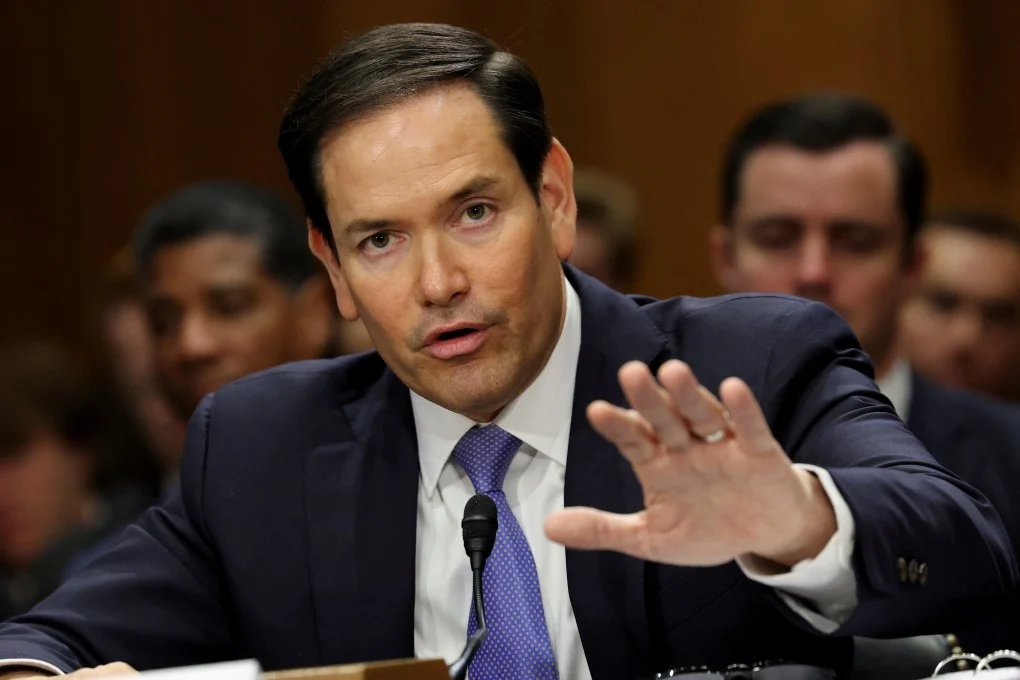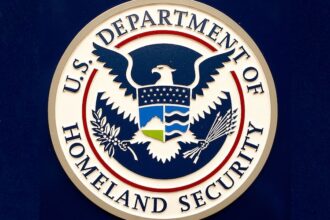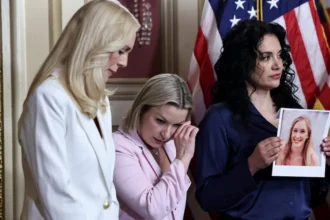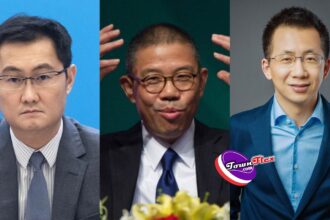On Wednesday, U.S. Secretary of State Marco Rubio revealed that the United States will begin aggressively revoking visas of Chinese students, especially those with links to the Chinese Communist Party and enrolled in so-called critical academic fields.
Rubio said the State Department will collaborate with the Department of Homeland Security to implement the revocations. He added that the visa policies will also be revised to tighten the screening process for all future visa applications from both China and Hong Kong.
Though no specific reason was given in the two-sentence press release, the action comes amid a broader effort by the Trump administration to crack down on immigration. Recent moves targeting universities over accusations of anti-Semitism have already caused unrest across the education sector.
With more than a quarter of a million Chinese students now enrolled in American universities, the proposed reforms are likely to have a significant financial impact. China ranks second only to India in terms of overseas students enrolled at US colleges.
As of 2024, there are around 277,398 Chinese students studying in the United States, compared to 331,602 Indian students. South Korea is a distant third with approximately 43,000 students, demonstrating China’s large proportion of the international student group.
This decision reflects growing concern in Washington over allegations that some Chinese nationals are involved in technology theft and corporate espionage. These worries were at the heart of the former Trump administration’s controversial “China Initiative,” which aimed to prosecute such cases more directly.
Although the Biden administration ended the China Initiative in early 2022, it did not halt related investigations. Instead, it removed the nation-specific label while continuing similar legal efforts under a broader scope.
Some Republicans, however, want the original approach revived. In March, Rep. Riley Moore of West Virginia introduced legislation aimed at banning student visas for Chinese nationals, citing national security risks and alleged espionage.
“The CCP poses an existential threat to the U.S.,” Moore stated. “We should not be letting 300,000 Chinese nationals into our research institutions every year.”
Rubio’s announcement included a temporary freeze on new student visa interviews, as embassy officials expand social media background checks on applicants. These efforts are part of a wider strategy to identify individuals whose online activity may contradict U.S. foreign policy goals.
In a related move, Rubio also introduced a separate visa restriction policy targeting foreign officials involved in censoring American voices, reflecting the administration’s hard stance on free speech and information control.









